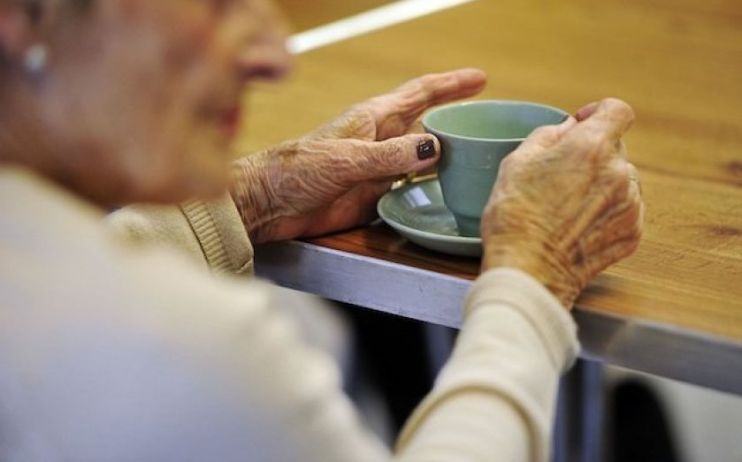Probate delays are leaving vulnerable people at risk

The delays at the probate registries are causing problems for families across the country.
It is particularly the elderly and vulnerable who are experiencing undue distress as a result of these delays, which have been going on since the beginning of the year.
The issues are related to the introduction of a new computer system, coupled with a large increase in volume of applications, due to the probate fee increase that was due to come into effect in March.
A grant of probate gives you legal control of a loved one’s estate, but for many elderly individuals, applying online is not something that comes easily. This could result in mistakes being made in their application, which automatically sends them to the back of the queue.
This is exacerbated by the fact that issuing a grant of probate is by no means a simple task. The administration of an estate is complex, and executors will typically spend about three months with their solicitors gathering vital information and conducting valuations for the estate. Then there is the issue of completing inheritance tax forms, sending this to HMRC for a IHT421 (a receipt) which is sent back along with a request for payment of the inheritance tax.
It is only then that the application for probate can be made. Previously this used to take two to three weeks maximum to get a grant. But current delays mean that individuals are waiting anything from eight to 14 weeks, with a backlog not due to be cleared until late 2019 at the very earliest.
The uncertainty involved with not knowing when the grant of probate will be issued is causing additional distress for families struggling to cope with their grief following the loss of a loved one.
In some cases, the delays can often prevent an individual from moving on. The grieving process is in a sense put on hold, because the admin following a death is all-consuming, while the individual dealing with it is unable to explain the delays. For some, the delays cause friction among family members, particularly for someone who is at arm’s length of the administration process.
In the case of an elderly bereaved widow or widower, it is often the case that they might be adjusting to life managing their finances for the first time. And without being able to obtain a grant of probate quickly, they may not have access to much, if anything, of their deceased spouse’s funds in order to pay the bills.
Not only would this contribute to additional distress, but it is possible that the delays could mean that short-term loans with high interest rates are taken out in order to mitigate the inheritance tax bill, or to simply help them with day-to-day expenses, such as paying for a food shop.
This is completely unacceptable. And while the HM Courts & Tribunals Service has told us that they are taking on additional resource to get through the backlog as quickly as possible, until the applications are complete and there are no further delays, the elderly and vulnerable remain at risk.